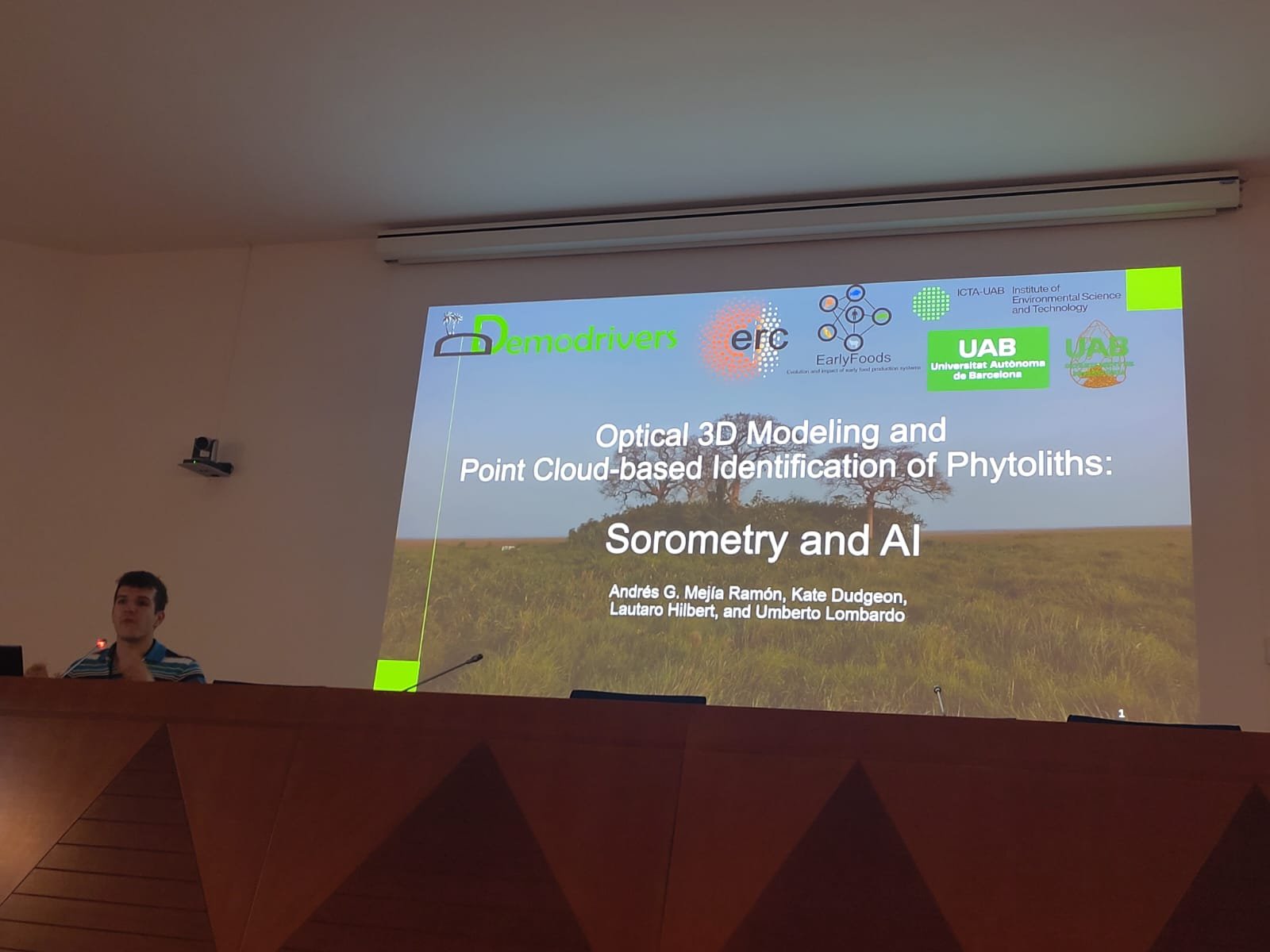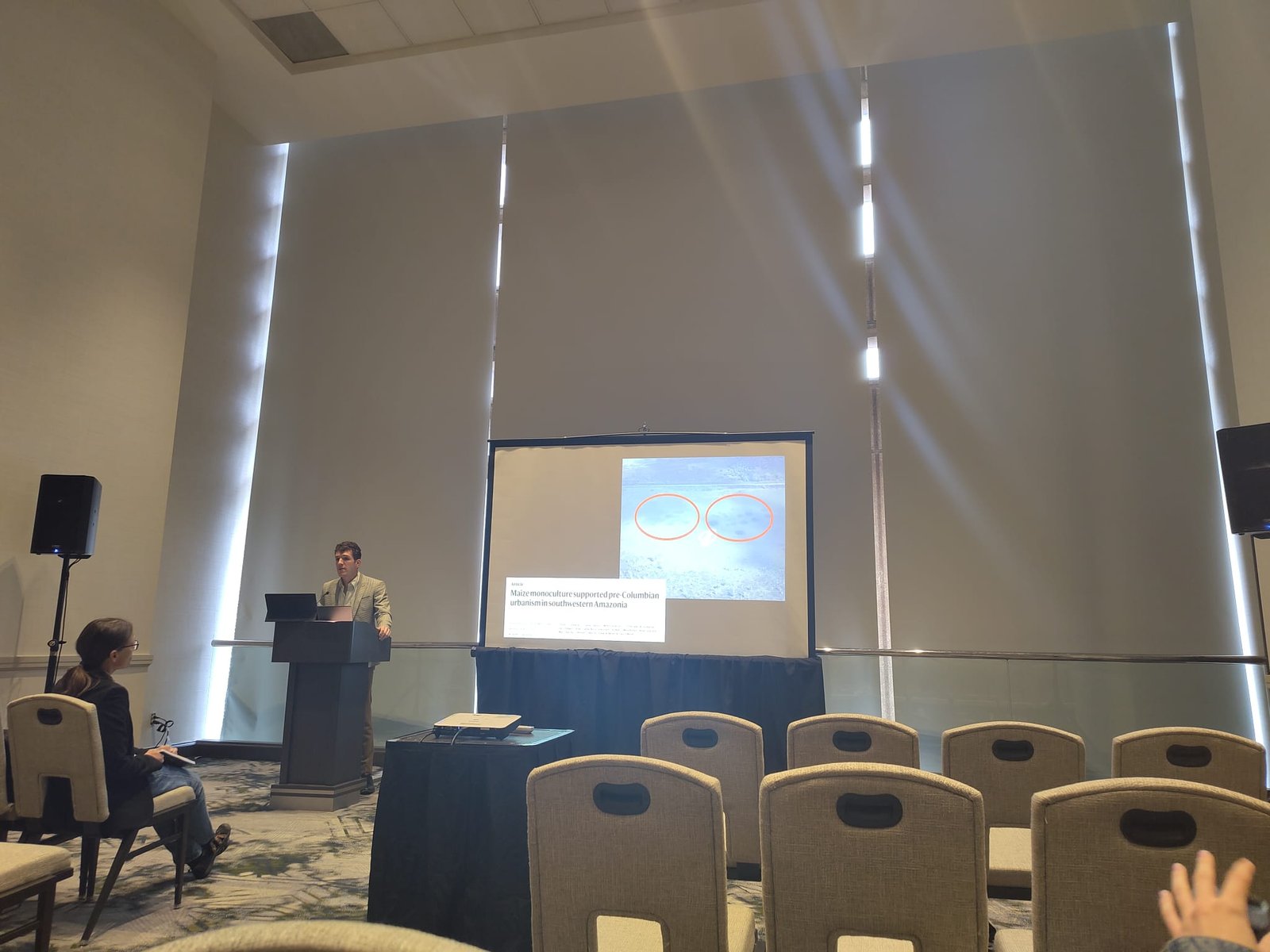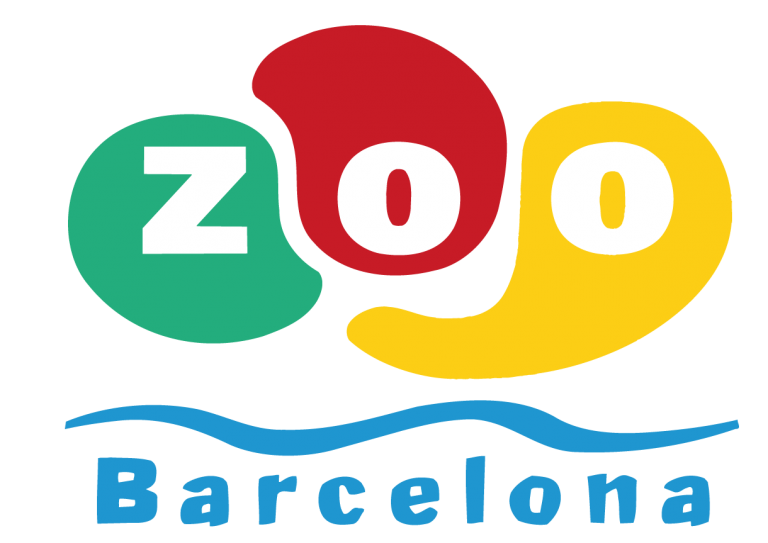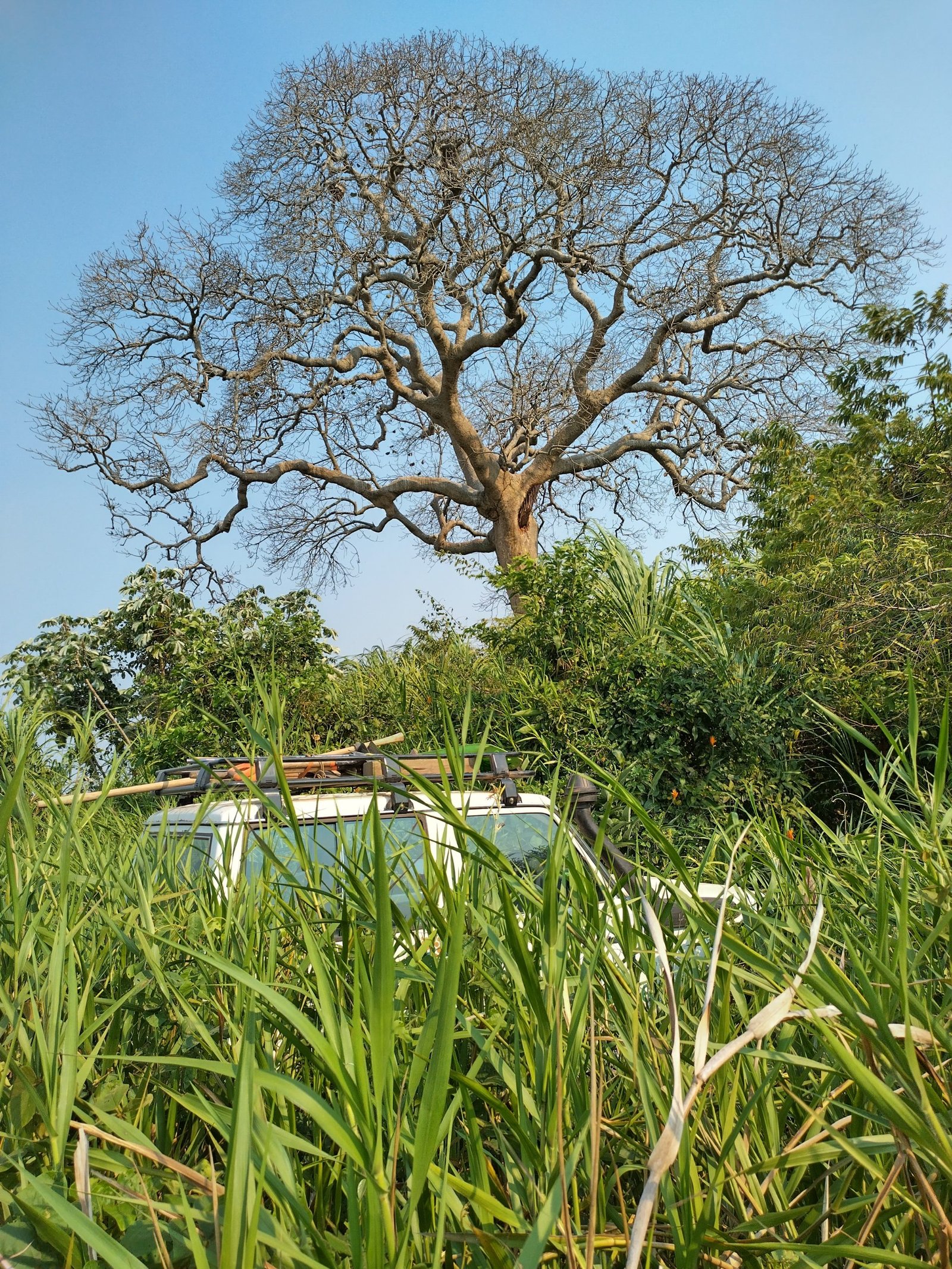
ERC Consolidator Grant DEMODRIVERS
Drivers of Demographic Dynamics.

The Project
Quantitavely reconstructing the past of the Llanos de Moxos
DEMODRIVERS is an ERC-Consolidator Grant funded project started in Jaunary 2023. Our main goal is to understand the link between population dynamics, technological innovations and environmental change during the Holocene of the Llanos de Moxos, a seasonally flooded savannah that covers most of the Bolivian Amazon. DEMODRIVERS is part of the EarlyFood research team. We are based at the Departament of Prehistory and at the Institute of Environmentals Science and Technology (ICTA) at the Universitat Autònoma de Barcelona (Spain).
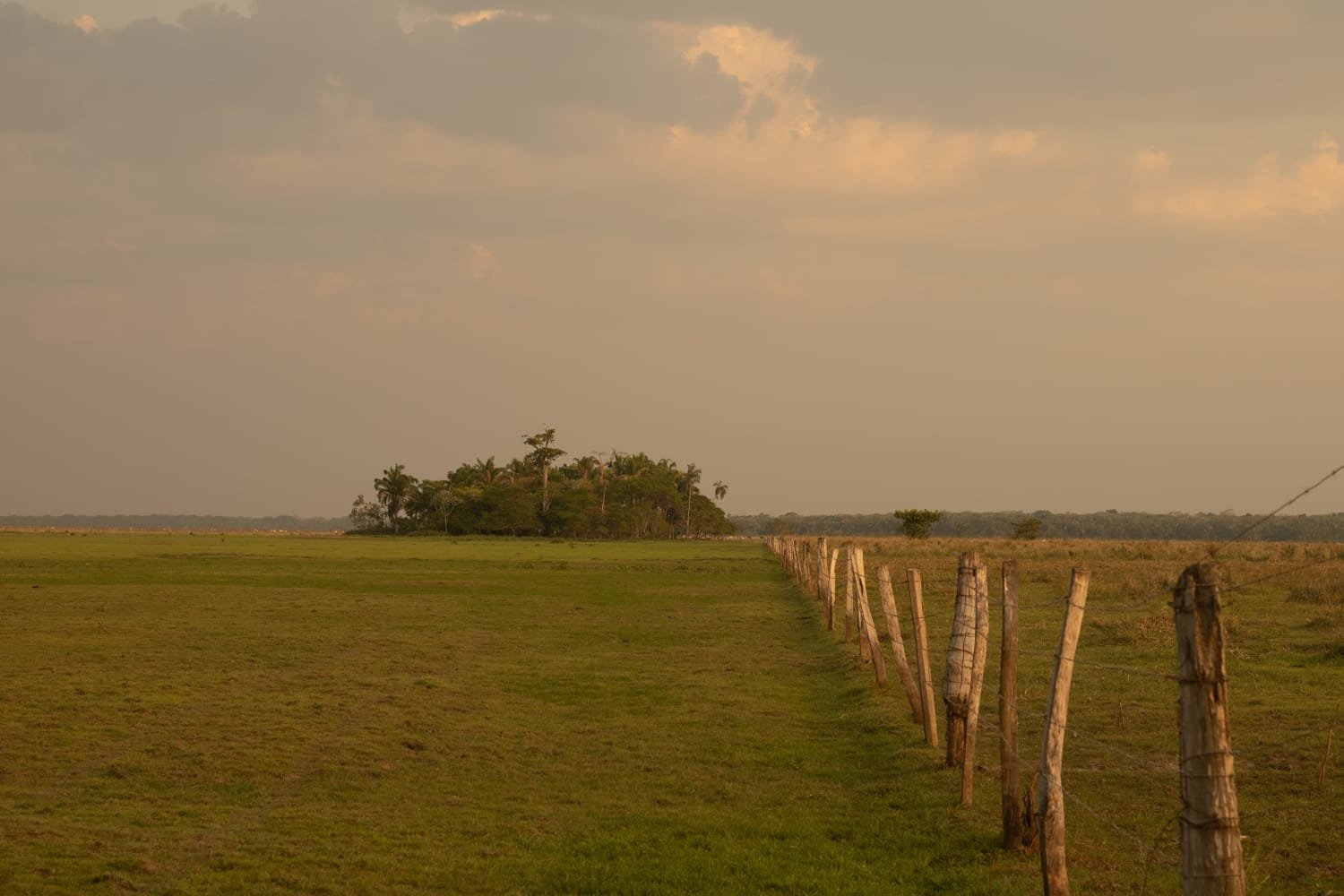
DEMODRIVERS investigates forest islands, which are small forested earthen mounds scattered throughout the Llanos de Moxos region in the Bolivian lowlands. These small forested mounds, most of which are early and middle Holocene archaeological sites, serve as significant evidence of ancient human occupation in the area. The presence of thousands of these mounds, each supporting a forest due to their elevation above seasonal floods, creates a distinctive landscape. Distributed across a vast 100,000 km2 region, these forest islands encapsulate the arrival of humans, the initiation of cultivation, the transition to agriculture, and the evolution of complex societies over 10,000 years of regional and local-scale environmental changes.
This abundance of forest islands provides a unique context for studying demographic drivers. Moreover, it allows us to develop a comparative perspective, exploring the extent to which exogenous factors (landscape, climate) and endogenous factors (culture, technology) contributed to shaping human demographic dynamics globally. DEMODRIVERS, which has been partly inspired by discussions within the PAGES working group People3k, will produce scientific knowledge with broad implications for archaeology and paleoecology, together with methodological advances that will benefit an even greater part of the scientific community
Establishing the links between demographic trends and environmental and cultural change.
Early arrivals. DEMODRIVERS aims to test the hypothesis that human arrival in the Bolivian Amazon predates our current understanding. The project also seeks to investigate the idea that cultivation and plant domestication were successive, in-situ developments. Additionally, DEMODRIVERS will explore the possibility that the earliest sites in the Llanos de Moxos region have yet to be discovered.
Coping with environmental change. DEMODRIVERS will assess the hypothesis that the patterns of settlement establishment, abandonment, and re-occupation in the Llanos de Moxos (LM) were influenced by environmental changes. The project aims to explore whether migration was the primary strategy employed by ancient inhabitants to adapt to and cope with these environmental changes.
Early transition from home gardens to agriculture. DEMODRIVERS will examine the hypothesis that forest islands were transformed into agricultural plots, with people leveraging the niches established by their ancestors. Consequently, field agriculture is postulated to have emerged in the Llanos de Moxos (LM) much earlier than previously believed.
MetodologíaGet in touch
To find out more about our research, please get in touch with us. We are always looking for opportunities to establish new collaborations dealing with all aspects of the project
Contact Us
